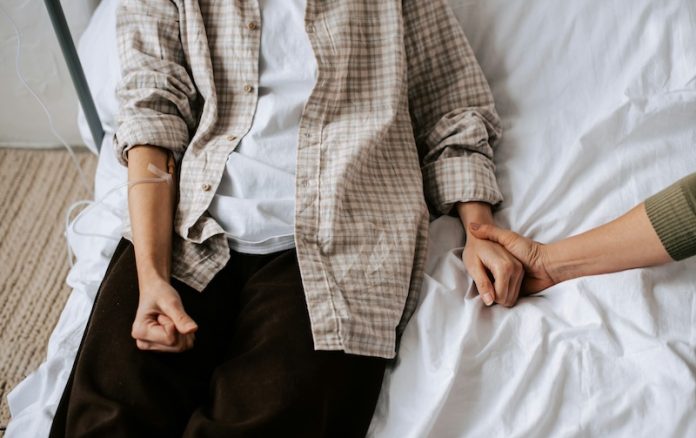
A cancer diagnosis can be one of the most frightening moments in a person’s life. One of the first questions many people ask is: how long will I live? While this question is understandable, the answer is not simple.
Life expectancy after a cancer diagnosis depends on many different factors, including the type of cancer, how early it is detected, a person’s overall health, and how well they respond to treatment. The good news is that many cancers today are treatable, and survival rates are improving thanks to medical advances and early detection.
Different types of cancer behave in different ways. Some cancers grow very slowly and may never cause serious harm, while others grow quickly and can spread to other parts of the body. For example, cancers like prostate cancer and certain types of breast cancer often have high survival rates, especially when caught early.
According to data from the American Cancer Society, the five-year survival rate for breast cancer diagnosed at an early stage is about 99%. On the other hand, cancers like pancreatic and lung cancer tend to be more aggressive and are often diagnosed at a later stage, when treatment is more difficult.
The stage at which cancer is diagnosed plays a big role in life expectancy. Cancers that are found early—before they have spread—are usually easier to treat. Screening tests like mammograms, colonoscopies, and Pap smears help doctors detect cancer early, often before symptoms appear. That’s why regular checkups and screenings are so important.
The person’s age and overall health also matter. Younger people with strong immune systems may recover more quickly from surgery, chemotherapy, or radiation.
People with other health conditions, like heart disease or diabetes, may face more challenges during cancer treatment. Lifestyle choices, such as whether someone smokes or stays physically active, can also affect outcomes.
Treatment has improved greatly in recent years. New drugs, targeted therapies, and immunotherapy are helping people live longer with cancer—even in cases where a cure isn’t possible.
Many people now live for years or even decades after being diagnosed with cancer. In some cases, cancer is treated more like a chronic condition that is managed over time, rather than cured outright.
It’s also important to remember that survival rates are based on large groups of people and don’t predict what will happen to an individual. Two people with the same type and stage of cancer may have very different outcomes. That’s why doctors focus on personalized treatment plans based on each person’s specific needs.
Mental health and emotional support are also key parts of the journey. People who feel supported by family, friends, or support groups often cope better with the ups and downs of cancer treatment. Staying hopeful, informed, and connected can improve quality of life, no matter how long someone lives.
In summary, life expectancy after a cancer diagnosis varies widely, but there is real reason for hope. Many people survive cancer, especially when it’s found early and treated properly. Advances in medicine, better screening, and healthier lifestyles are helping people live longer and fuller lives after diagnosis.
For more information about cancer, please see recent studies that plant-based diets may reduce risk of colorectal cancer in men, and Low-fat diet may help stop cancer growth.
For more information about cancer, please see recent studies about How to harness the power of anti-cancer foods and supplements and results showing that Empower your plate: cancer-fighting foods and recipes.
Copyright © 2025 Knowridge Science Report. All rights reserved.



